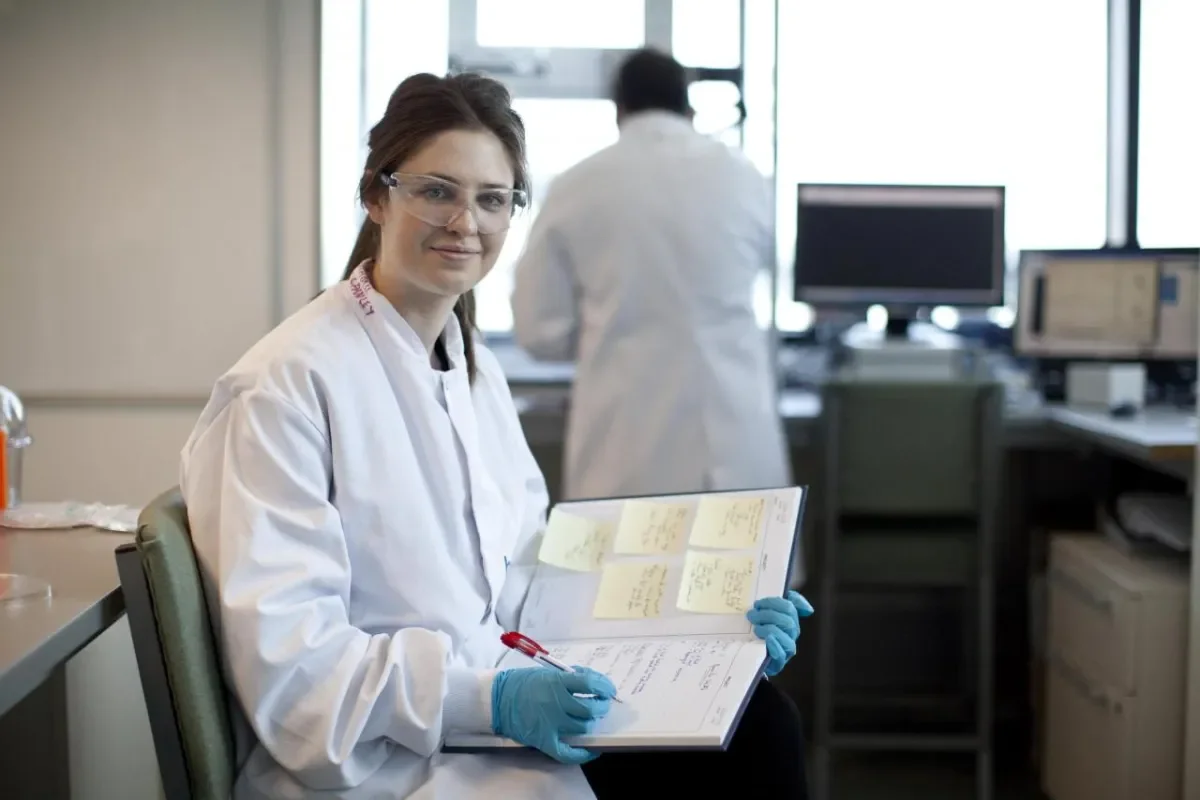
INTRA Programme BSc Environmental Science and Technology

Objective
Climate change, species extinction, pollution, managing waste and recycling are huge challenges that we face and are now at the forefront of public discourse and debate.These are complex phenomena that we must understand in order to address. Environmental scientists are needed to provide technical solutions and advanced innovations through the application of chemistry, physics and biology.This degree explores the environment, the technologies used for its analysis, and how it is impacted by our
activities from a scientific perspective. Students will consider and probe the problems we face and investigate means for reducing our negative impact on the environment.
Programme Outline
This is a four-year full-time degree course. The four years are broken down as follows:
— Year One: learning and developing essential background knowledge of mathematics, chemistry, physics and biology.
— Year Two: building on the four areas of study in year one from anenvironmental viewpoint, as well as developing IT and computing skills.
Modules include Microbiology and Genetics, Pollution and Biosphere,Water Chemistry and Environmental Analysis
— Year Three: Climate Changescience is introduced, and the study of climate is encouraged throughfield work and modules such as Environmental Monitoring & Data Analysis. Students continue to develop in environmental aspects of biotechnology, chemistry and physics. Modules include Atmospheric and Aquatic science.
Students can work on a paid work (INTRA) placement. This placement can be anywhere that is environmentally relevant. Practical work is conducted in laboratories and through onsite and field trip visits.
— Year Four: Specialised modules include Toxicology, Meteorology, Renewable Energy, Soil and Waste Management. Additionally, students will carry out a semester-long research project, with environmentally relevant topics offered from across the entire Science and Health faculty.
Work Areas
The potential careers in environmental science and technology are diverse. The following are just some examples:
- Any area of environmental research, e.g. global warming, local or regional air, water and soil pollution in universities, public bodies such as the County Councils and industry
- Environmental protection roles in industry such as pharmaceutical, manufacturing, semi-conductor, the County Councils, theEnvironmental Protection
- Agency (EPA) and consultancy companies
- Waste management roles
- Water protection and wastewater treatment in public bodies and private consultancy companies
- Environmental analytical roles
- Environmental advocacy
- Parks and Wildlife officer in, for example the National Parks and Wildlife Service
- The marine industry
- Research funding bodies
- Green Economy
- The agricultural industry, e.g. environmental officer
INTRA Internship
Students are required to complete a six month
placement at the end of third year.
Course Modules
- Biology
- Chemistry
- Physics
- Mathematics
- Computing
- Probability and Statistics
- Physics Labs
- Programming
- Pollution and the Biosphere
- Microbiology and Genetics
- Biotechnology labs
- Chemistry labs
- Visualisationand Validation of Lab data
- Kinetics and Thermodynamics
- Environmental Analysis
- Atmospheric Physics
- Field trip
- Environmental Legislation, Health and Safety
- Environmental Monitoring and Data Analysis
- Biochemical and microbiological analysis
- Biotechnology
- Aquatic and Atmospheric chemistry
- Chemistry labs
- Separation Techniques
- Modelling with differential equations
INTRA
- ESH Literature review
- Environmental Ethics
- Project
- Environmental Toxicology
- Physics of Renewable Energy
- Environmental Organic Chemistry
- Advanced Analytical Applications
- Soil, waste and Energy
If you would be interested in hiring from this programme, please get in touch.
| INTRA Coordinator | Email Address | Contact Number |
| Fiona Deane | fiona.deane@dcu.ie | 01-7008877 |
